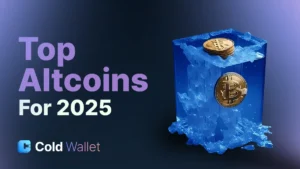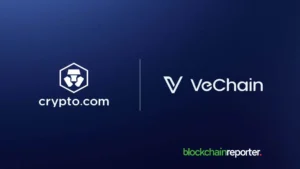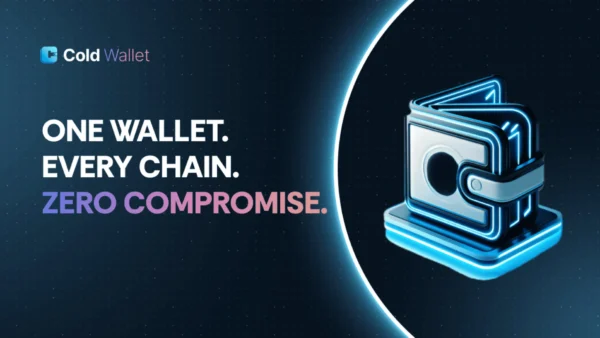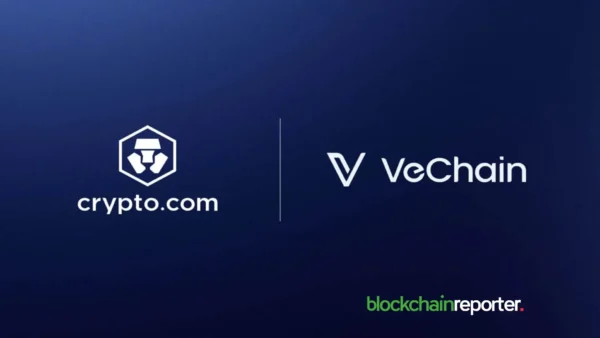
The prominent community-run blockchain platform peaq has started another collaboration. This time, the platform has partnered with ELOOP (the initial car-sharing provider). Eloop distributes ELOOP ONE token. It permits the people holding tokens to take part in ride profits. Peaq took to Twitter to reveal the latest development.
Peaq and Eloop Collaborate for Sharing Hundred Tokenized Teslas to Democratize Ride Sharing in Web3
The Vienna-based Eloop declared that it has tokenized up to one hundred Teslas through Peaq. Blockchain integration permits the consumers to possess a proportion of the fleet. In addition to this, they share the revenue generated by the cars from their regular rideshare activities. Nico Prugger, Eloop’s co-founder, spoke on the decentralized car-sharing services as well the wide Web3 adoption.
Prugger stated that after owning a token, the holders possess a proportion of the whole car-sharing fleet of the platform. As per him, this is based on the extent of investment made by the token holders into the token. Following that, the tokenization develops straight revenue at the time of the car renting. This is rapidly distributed among the community holding the tokens.
In his words, this is called sharing 2.0 as the community members holding the token can also rent them. Additionally, the co-founder mentioned that the company has made it quite convenient for each person to invest without taking any responsibility. According to the co-founder, the platform is also carrying out legal work related to the cars. Back in the year 2019, Siemens, an industrial manufacturing platform, additionally disclosed the blockchain technology’s use case for carsharing-related purposes.
Co-Founder Focuses on the Need for an Association Between the Real and Digital Worlds
The company intended to carry out this initiative with Siemens Mobility (one of the platform’s subsidiaries). Peaq’s co-founder “Leonard Dorloechter” also commented on this development. He pointed toward the requirement for the integration of blockchain technology in real-world assets. The co-founder asserted that this would assist in increasing mainstream adoption as well as the recognition of the technology. The co-founder moved on to say that, to do this, there is a need for a comprehensive link between the real and digital worlds.
Dorloechter specified that, with such a connection, people will be able to co-own these assets to generate revenue according to the goods and services. Dorloechter claimed that the platform selected Polkadot because of the interoperability aspect. Additionally, the company has reportedly developed an economic model for the incentivization of use cases related to the Internet of Things (IoT).








